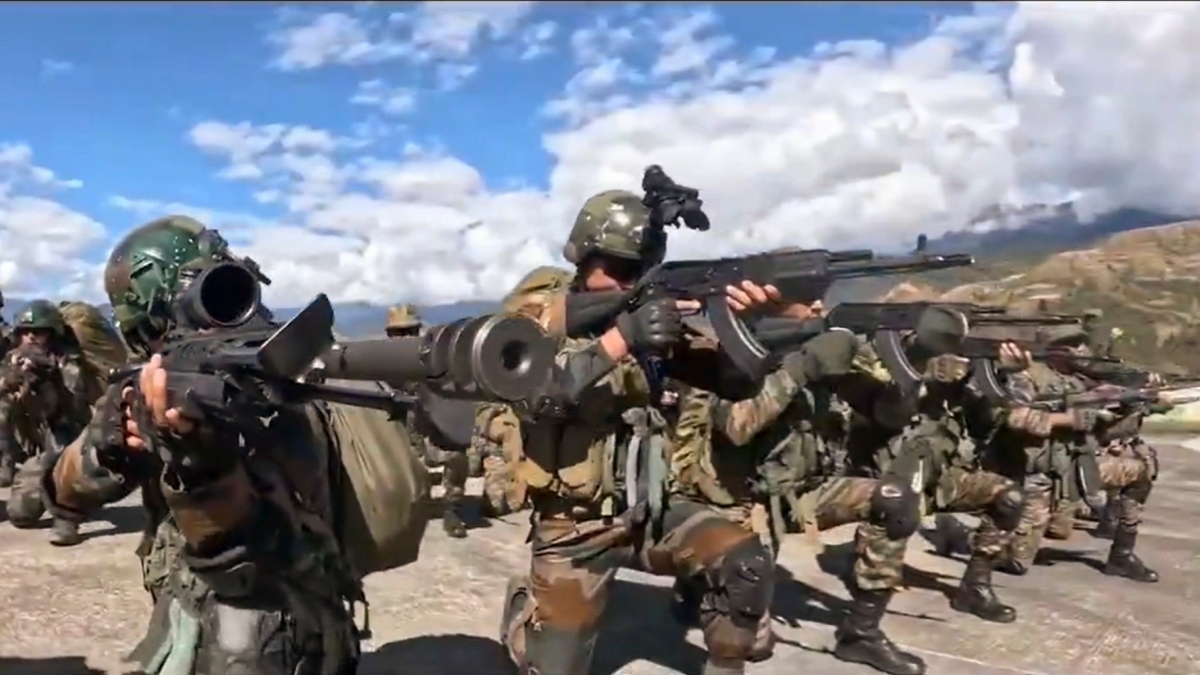With the mountain passes closing in winter, security forces are now focusing on stopping infiltration attempts in the plains of the International Border (IB) in Jammu.
There are concerns about infiltration across Kahthu and Samba into Jammu and Kashmir. Army Chief General Upendra Dwivedi visited the Kathua-Pathankot border to review anti-infiltration preparations.
The visit comes amid reports about infiltration through the Punjab border, as well as through the IB in Jammu. The Army and Border Security Force (BSF) are now closely coordinating to secure these borders.
Satish S. Khandare, Additional Director General (ADG) of the BSF Western Command, also conducted a high-level review of the IB in Jammu. He visited various areas in Jammu district and discussed strategies with BSF field commanders to tighten security and prevent any infiltration attempts.
As security tightens along the Jammu IB, Pakistan might shift infiltration attempts to Punjab.
In response, the Anti-Infiltration Grid is being strengthened in Punjab as well, which shares long borders with Pakistan and is adjacent to Kathua and Samba in Jammu.
The security forces are also using high-tech cameras and other surveillance tools to monitor the border and detect any movement.
Anti-drone technology is in place to stop smuggling attempts, as Pakistan has used drones to drop weapons and drugs into Indian territory.
In recent encounters in the Akhnoor and Kathua areas, BSF stopped infiltrators trying to cross the border. These operations show how well-prepared the BSF and other forces are to respond to threats along the border.
Jammu and Kashmir (J&K) has witnessed a marked escalation in militant attacks and counter-terrorism operations since October 18, just two days after the first Omar Abdullah-led elected government assumed office.
Since October 18, Jammu and Kashmir has witnessed a surge in attacks, claiming the lives of nine civilians, including seven non-locals, five security forces personnel and ten militants. This series of incidents illustrates the continued volatility and high-risk environment in Jammu and Kashmir, with increased vigilance across the region in response to ongoing threats.



